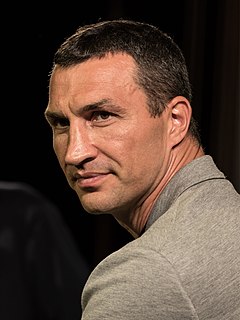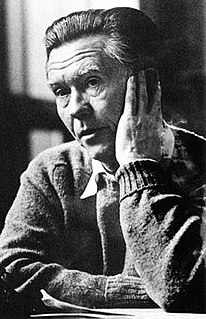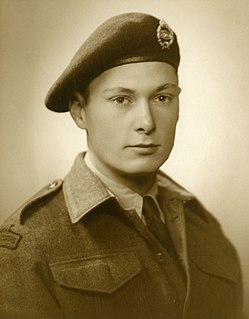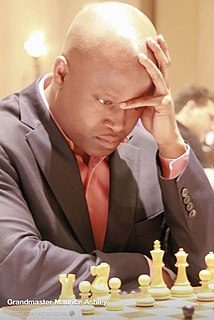A Quote by Gilbert Highet
The art of invective resembles the art of boxing. Very few fights are won with the straight left. It is too obvious, and it can betoo easily countered. The best punches, like the best pieces of invective in this style, are either short-arm jabs, unexpectedly rapid and deadly; or else one-two blows, where you prepare your opponent with the first hit, and then, as his face comes forward, connect with your other fist: one, two. Both are effective; but they can be administered only by a real artist, with a real wish to knock his enemy out.
Related Quotes
I can entertain the proposition that life is a metaphor for boxing--for one of those bouts that go on and on, round following round, jabs, missed punches, clinches, nothing determined, again the bell and again and you and your opponent so evenly matched it's impossible not to see that your opponent is you.... Life is like boxing in many unsettling respects. But boxing is only like boxing.
She clenched her fist in his T-shirt, put her other arm around those too-broad, too-real shoulders. When he tried to pull away, she held on tight. Kami felt the surrender in his mind a moment before he laid his face in the curve of her neck. The whole world was so real it hurt. Kami whispered into Jared's hair, "I'm always on your side.
I like real art. It's difficult to define 'real' but it is the best word for describing what I like to get out of art and what the best art has. It has the ability to convince you that it's present - that it's there. You could say it's authentic... but real is actually a better word, broad as it may be.
The art of the indirect approach can only be mastered, and its full scope appreciated, by study of and reflection upon the whole history of war. But we can at least crystallize the lessons into two simple maxims- one negative, the other positive. The first is that, in face of the overwhelming evidence of history, no general is justified in launching his troops to a direct attack upon an enemy firmly in position. The second, that instead of seeking to upset the enemy's equilibrium by one's attack, it must be upset before a real attack is, or can be successfully launched
The best athlete wants his opponent at his best. The best general enters the mind of his enemy. The best businessman serves the communal good. The best leader follows the will of the people. All of the embody the virtue of non-competition. Not that they don't love to compete, but they do it in the spirit of play. In this they are like children and in harmony with the Tao.
So near are the boundaries of panegyric and invective, that a worn-out sinner is sometimes found to make the best declaimer against sin. The same high-seasoned descriptions which in his unregenerate state served to inflame his appetites, in his new province of a moralist will serve him (a little turned) to expose the enormity of those appetites in other men.
I have a feeling that art is something you do for yourself, and that any time you turn your decisions over to someone else you're postponing at best, your own development. The atmosphere of the workshop should be that of trying out one's own work and accepting the signals from others but not accepting the dictation of others because that is a violation of the spirit of art. Art can't be done by somebody else, it has got to be done by the artist.
Tell me what it's like. The race." "What it's like is a battle. A mess of horses and men and blood. The fastest and strongest of what is left from two weeks of preparation on the sand. It's the surf in your face, the deadly magic of November on your skin, the Scorpio drums in the place of your heartbeat. It's speed, if you're lucky. It's life and it's death or it's both, and there's nothing like it.
You can easily tell when someone has been hit by a spear. he turns a deep shade of bitter. David never got hit. Gradually, he learned a very well-kept secret...
One, never learn anything about the fashionable, easily mastered art of spear throwing. Two, stay out of the company of all spear throwers. And three, keep your mouth tightly closed.
In this way, spears will never touch you, even when they pierce your heart.
I don't like getting hit for one, although you know I did take Aikido for many years, but Aikido is a different kind of martial art, maybe even a more cerebral art because it's all about redirecting the energies of your opponent instead of trying to bash your opponent's head in effectively, so it's a much more loving art, so I guess I tend that way normally anyway.





































